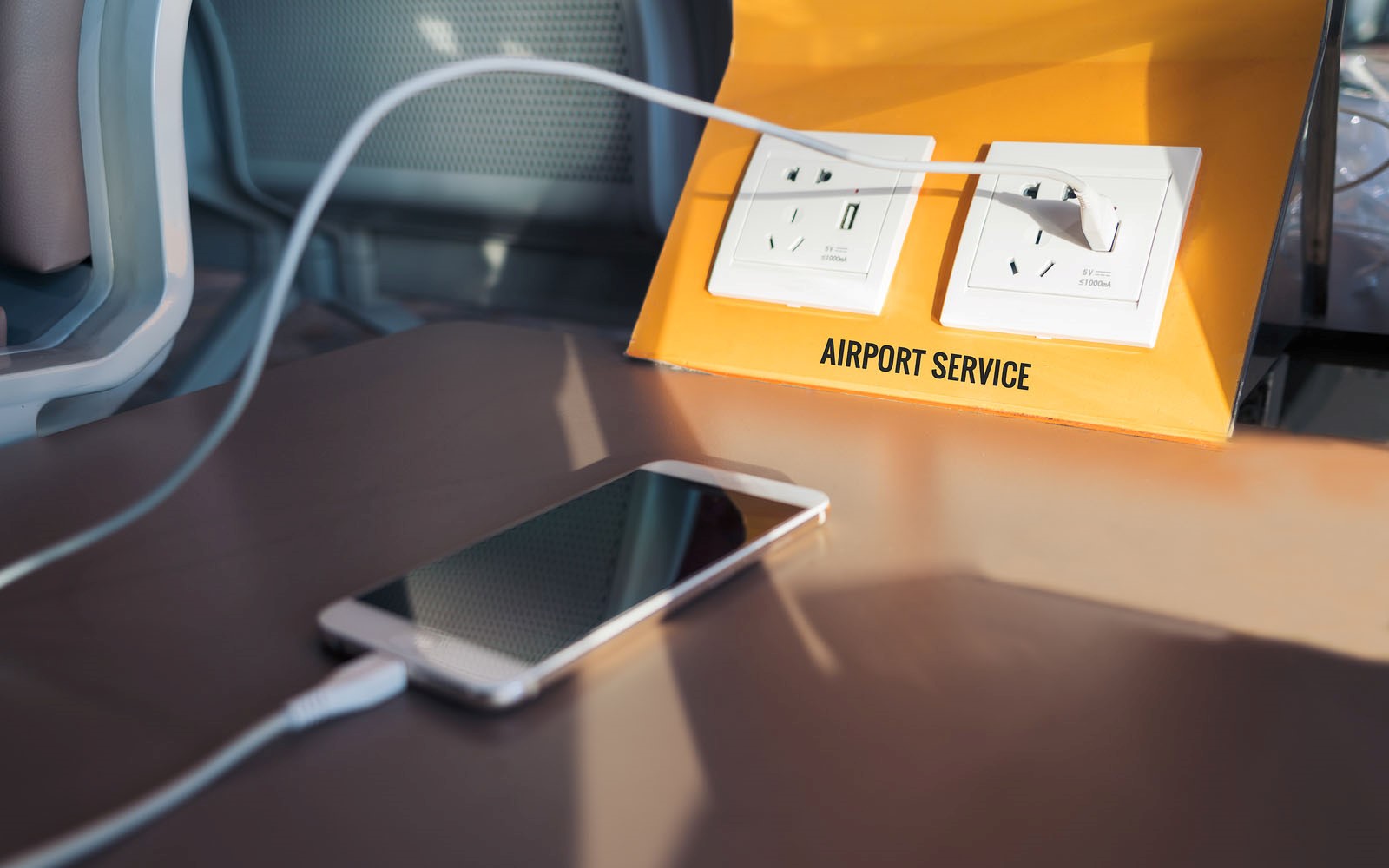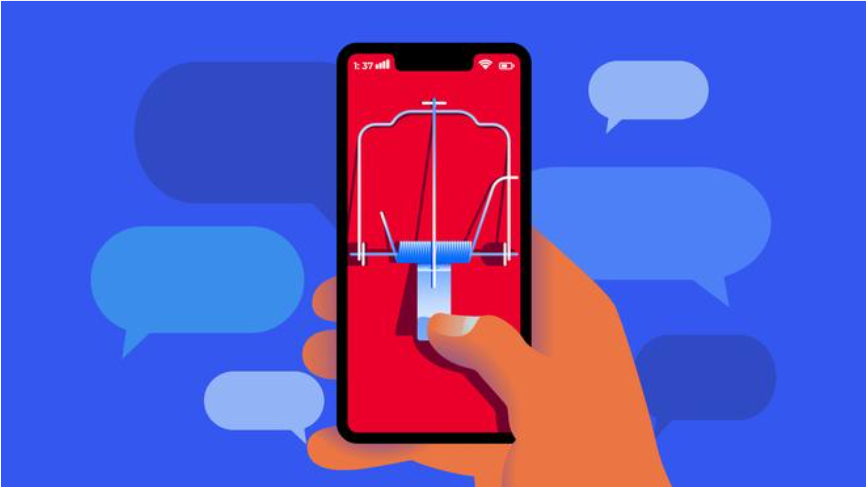Description

Disclaimer: Copyright infringement not intended.
Context
The Reserve Bank of India (RBI) has issued a cautionary message to mobile phone users advising them against charging their devices using public ports. The warning comes amidst growing concerns over the security risks posed by a cyberattack known as “juice jacking.”
Details
Juice jacking
- Juice jacking is a form of cyberattack where hackers tamper with public USB charging ports, infecting them with malware or making hardware changes that allow them to steal data from devices connected to them.
- This type of attack has been a growing concern, with incidents reported in various public spaces such as airports, hotels, and shopping centres.
Here's how it works
- Malicious Charging Stations: Cybercriminals may install malicious hardware or software onto public charging stations, often found in airports, hotels, cafes, and other high-traffic areas. When unsuspecting users plug in their devices for a quick recharge, the compromised station can surreptitiously access and extract sensitive data from the connected device.
- Tampered Charging Cables: Another method used in juice jacking involves tampering with charging cables. Cybercriminals may replace legitimate charging cables with malicious ones that have additional hardware embedded within. These compromised cables can intercept data traffic between the device and the charging port, allowing attackers to steal information or install malware onto the connected device.

In today’s digital age, it is crucial for individuals to be vigilant about their cybersecurity.
- Use Personal Chargers: Whenever possible, rely on personal chargers or portable power banks to recharge your devices instead of public charging stations.
- Avoid Unknown Cables: Refrain from using charging cables or USB ports of unknown origin, especially in public places where they could be compromised. Stick to trusted and verified charging accessories.
- Enable Data Transfer Protection: Consider using charging-only USB cables or enabling data transfer protection features on your devices to prevent unauthorized data access when charging in public places.
- Stay Informed: Stay updated on the latest cybersecurity threats, including juice jacking, and educate yourself and your colleagues about the risks and preventive measures.
- Additionally, using a virtual private network (VPN) and ensuring that devices have the latest security updates installed can help mitigate the risk of
Conclusion
The RBI’s warning serves as a reminder for mobile phone users to be cautious about their cybersecurity practices and take necessary precautions to protect their personal and financial information from potential threats.
|
PRACTICE QUESTION
The term “juice jacking” often mentioned in news is associated with which of the following?
- Cyber attack.
- Health Issue.
- Climate resilient Infrastructure.
- Upper Atmospheric phenomena.
Answer A
|








